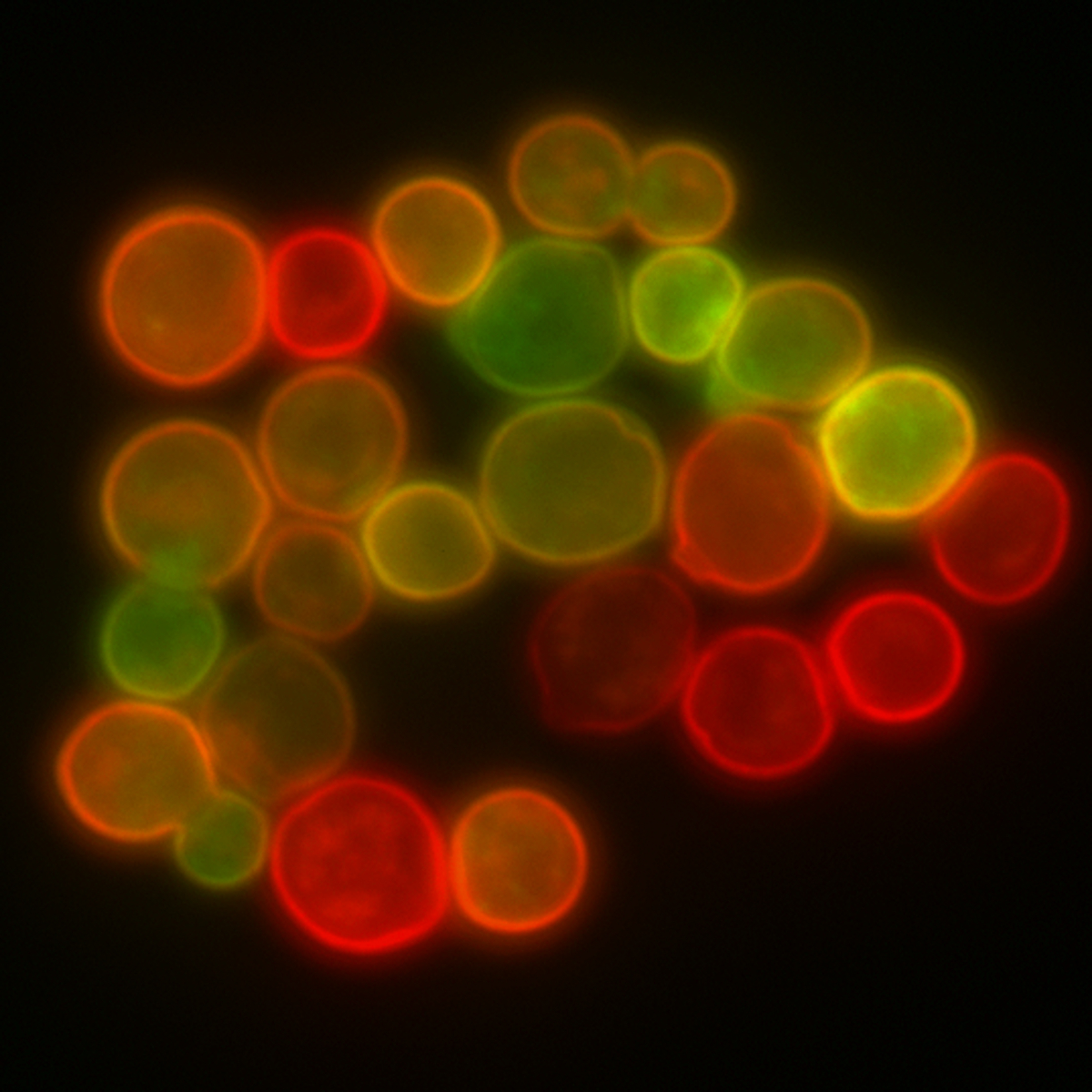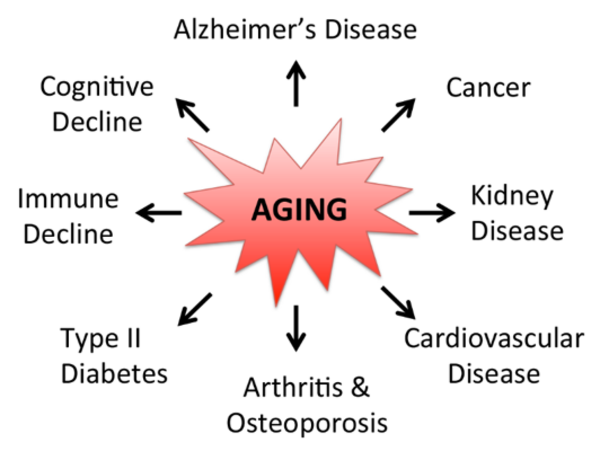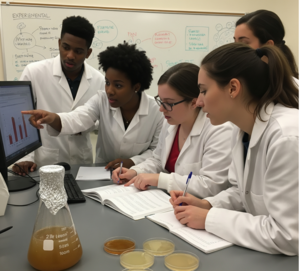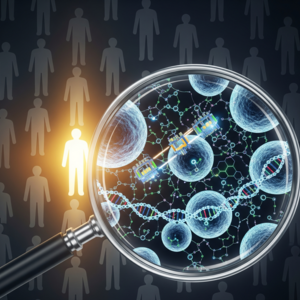Research

Cellular Homeostasis
Our lab studies how cells keep themselves in balance when things go wrong. One focus is on pH (the level of acidity inside a cell) which needs to stay within a narrow range for the cell to function properly. When that balance is disturbed, it can lead to damage, aging, or disease. We use simple organisms like baker’s yeast to explore how cells sense and respond to these changes, helping us uncover basic strategies that cells use to stay healthy over time. Yeast have been used to uncover many fundamental aspects of molecular and cellular biology (e.g., cell cycle, transcription, telomerase, vesicular trafficking, autophagy).

Homeostasis and Aging
Aging is a major driving force behind the major diseases in the United States, including heart disease, cancer, diabetes, and Alzheimer’s disease. Gaining a better understanding of how and why cells age is key to developing new ways to prevent or treat these conditions. Surprisingly, many of the biological pathways that influence aging are shared across species, so many of the same molecular mechanisms that affect aging in human cells also operate in simple organisms like yeast. By studying aging in yeast, we’re uncovering the fundamental processes that drive cellular aging, providing a foundation for understanding aging in human cells.
We’re also developing yeast-based tools to search for new compounds that could slow down or change these aging pathways.

Innovative Teaching Lab Design
Our lab engages undergraduate and medical students in hands-on, wet lab research through yeast-based CRISPR CUREs (Course-Based Undergraduate Research Experiences). Students perform genome editing experiments in yeast to investigate genetic variants of unknown significance (VUS), which are human mutations whose clinical impact is not yet understood. Using our custom-built platform that leverages AI-tools, students mine public databases, predict pathogenicity, and design tractable assays to model human VUS mutations in an in vivo yeast model system. These experiments generate functional data that can inform clinical interpretation of the VUS mutations and be shared with clinical databases, directly contributing to the broader medical knowledge base. This immersive experience builds technical skills in molecular biology and critical thinking, while empowering students to make meaningful contributions to human health research. All resources are open-source and designed to support students and educators in expanding access to authentic scientific research experiences in classroom settings.

Rare Diseases
While most research focuses on common diseases, our lab is dedicated to studying rare disorders by modeling disease-linked mutations in yeast cells. Yeast offers a powerful, cost-effective system with advanced genetic tools and high-throughput screening capabilities, enabling rapid and unbiased discovery. Because yeast shares many key biological pathways with humans, we can use CRISPR gene editing to introduce many human disease-associated mutations and then perform targeted experiments to understand how these mutations disrupt cellular function.
Ongoing research projects include:
-
Investigating mTOR variants that control cell growth and metabolism
-
Studying V-ATPase mutations that cause distal tubular renal acidosis
-
Exploring defects in heme biosynthesis that lead to porphyria
.